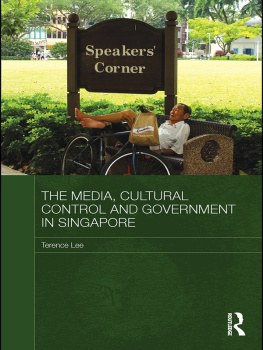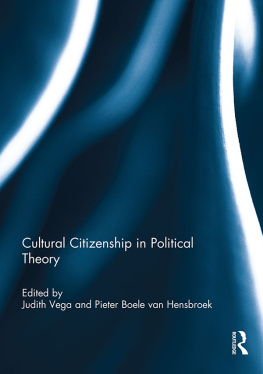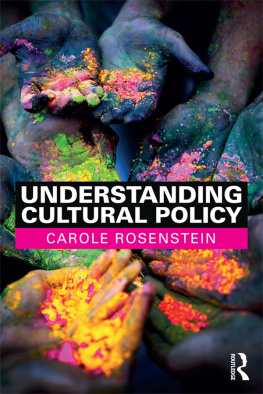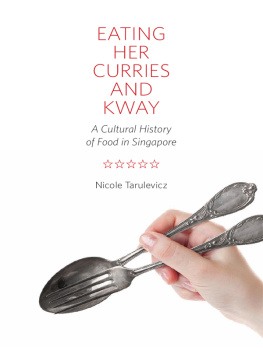Terence Lee - The Media, Cultural Control and Government in Singapore
Here you can read online Terence Lee - The Media, Cultural Control and Government in Singapore full text of the book (entire story) in english for free. Download pdf and epub, get meaning, cover and reviews about this ebook. year: 2010, publisher: Routledge, genre: Art / Science. Description of the work, (preface) as well as reviews are available. Best literature library LitArk.com created for fans of good reading and offers a wide selection of genres:
Romance novel
Science fiction
Adventure
Detective
Science
History
Home and family
Prose
Art
Politics
Computer
Non-fiction
Religion
Business
Children
Humor
Choose a favorite category and find really read worthwhile books. Enjoy immersion in the world of imagination, feel the emotions of the characters or learn something new for yourself, make an fascinating discovery.
- Book:The Media, Cultural Control and Government in Singapore
- Author:
- Publisher:Routledge
- Genre:
- Year:2010
- Rating:4 / 5
- Favourites:Add to favourites
- Your mark:
The Media, Cultural Control and Government in Singapore: summary, description and annotation
We offer to read an annotation, description, summary or preface (depends on what the author of the book "The Media, Cultural Control and Government in Singapore" wrote himself). If you haven't found the necessary information about the book — write in the comments, we will try to find it.
This book explores this inherent contradiction present in most facets of Singaporean media, cultural and political discourses, and identifies the key regulatory strategies and technologies that the ruling People Action Party (PAP) employs to regulate Singapore media and culture, and thus govern the thoughts and conduct of Singaporeans.
It establishes the conceptual links between government and the practice of cultural policy, arguing that contemporary cultural policy in Singapore has been designed to shape citizens into accepting and participating in the rationales of government. Outlining the historical development of cultural policy, including the recent expansion of cultural regulatory and administrative practices into the creative industries, Terence Lee analyzes the attempts by the Singaporean authorities to engage with civil society, the ways in which the media is used to market the PAPs policies and leadership and the implications of the internet for the practice of governmental control.
Overall, The Media, Cultural Control and Government in Singapore offers an original approach towards the rethinking of the relationship between media, culture and politics in Singapore, demonstrating that the many contradictory discourses around Singapore only make sense once the politics and government of the media and culture are understood.
Terence Lee: author's other books
Who wrote The Media, Cultural Control and Government in Singapore? Find out the surname, the name of the author of the book and a list of all author's works by series.






